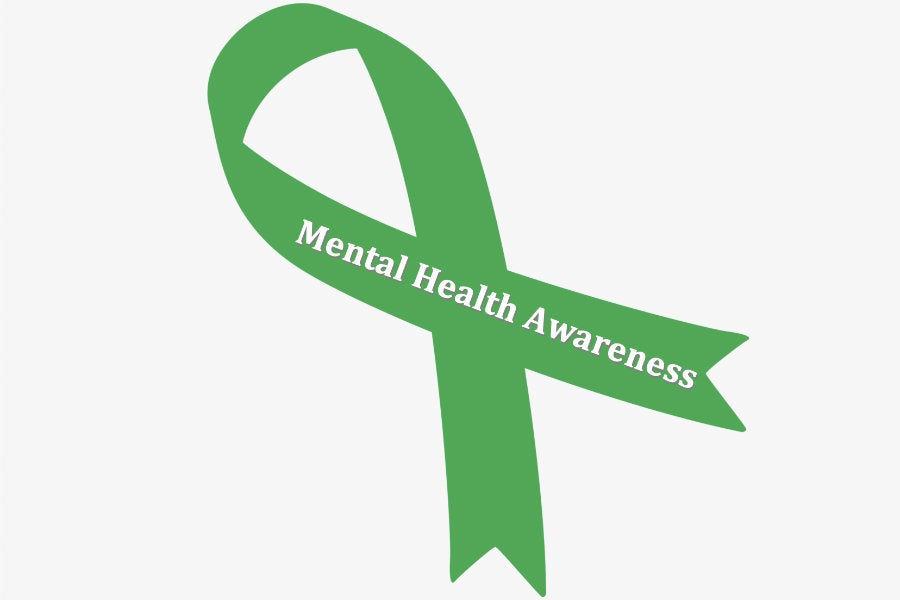Take time for mental health this summer
May is Mental Health Month, and the University Counseling Center continues to provide resources for students adversely affected by the global health crisis
Cate Zenzen |

While the summer months typically present challenges for many students, perhaps caused by the change in routine or separation from their community at school, this summer will be especially unique. The COVID-19 health crisis has had many adverse effects, particularly in the mental-health of our nation. Andrea Mills, assistant director of Lipscomb's University Counseling Center, suggests some tools and tricks for students to maintain a healthy mindset this season.
A survey by Active Minds found that 80 percent of college students reported a negative impact on their mental health during the COVID-19 crisis, and 1 in 5 students said their mental health has significantly worsened. Students admitted to having trouble maintaining a routine, not getting enough physical activity and finding it challenging to stay connected with others. These issues are only heightened by an increased level of stress, anxiety, disappointment and loneliness.
The Lipscomb University Counseling Center, or UCC, is still an available resource for students seeking support even when they are not on campus this summer. Telemental health services are available to students in the state of Tennessee, and appointments can be requested through their website or on the mylipscomb portal under “resources.” Students outside of the state can submit a request through the same site, and will be contacted with counseling options near their home.
The UCC will also provide “Let’s Talk” groups starting in June. These will be facilitated by a counselor at the UCC and allow students to connect with each other and process any stress they are feeling. Not meant to be therapeutic in nature, students will have a safe space to share their struggles and feel less alone. The groups will be major/department-specific, and all students are welcome to participate. The UCC is also hoping to provide a couple of online suicide prevention trainings toward the end of the summer.
Even with resources available, students may still find it challenging to acclimate to a more restricted life at home. Mills recommends starting with a healthy routine. Not only will it help maintain a sense of normalcy, but taking care of the physical body by eating well, exercising, and getting enough sleep can make a big difference in our mental health as well.
“Sleep plays a major role in our overall health, improving emotional regulation and management of anxiety. It’s important to get 7 to 9 hours of sleep, especially during times of stress. Try to limit your exposure to the news and social media a couple of hours before bed,” said Mills.
Students can also use this time at home to learn something new or pursue a hobby. Research shows that people engaged in learning feel more confidence, hope and purpose, shared Mills. Activities such as reading, doing a puzzle, learning a new recipe, or taking summer classes are a great way to utilize extra free time.
“Staying connected to God and our other support systems is the most vital way we can find peace. Our connections with others help us cope with the ups and downs in life, and help us feel less alone. Think ‘socially connected, while physically distant,’” said Mills.
When things seem overwhelming and hopeless, Mills encourages students to remember who is in control.
“Romans 8:39 says, ‘neither height nor depth, nor anything else in all creation, will be able to separate us from the love of God that is in Christ Jesus our Lord.’ Included in that is the distance we feel due to COVID. It feels so far out of our control and that is scary. But nothing can separate us from God’s love and we can continue to show that to each other whether we are six feet apart or 600 miles apart,” said Mills.
Additional resources available to students include:
National Suicide Prevention Line: 1-800-273-TALK (8255)
Crisis Text Line: TEXT “Start” to 741-741
Mental Health resources: www.Activeminds.org
Mental Health Screening: www.ulifeline.org/lipscomb/self-evaluator